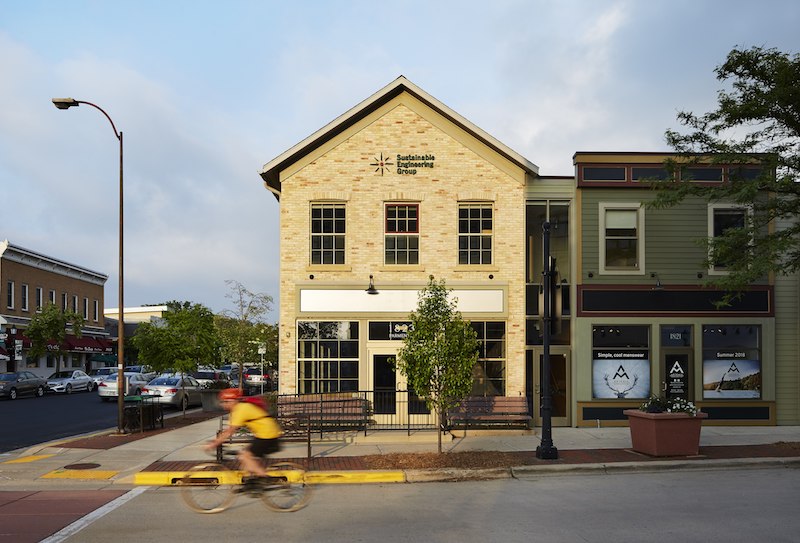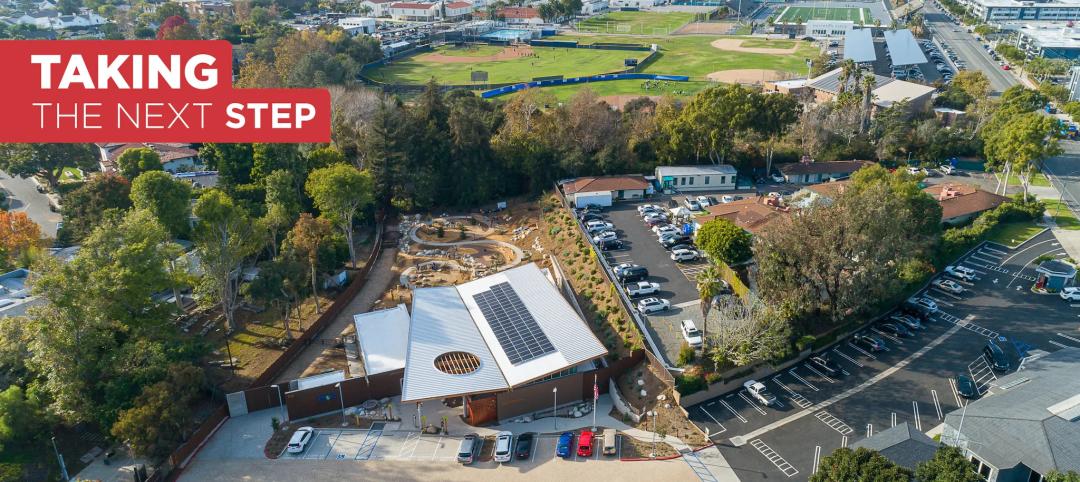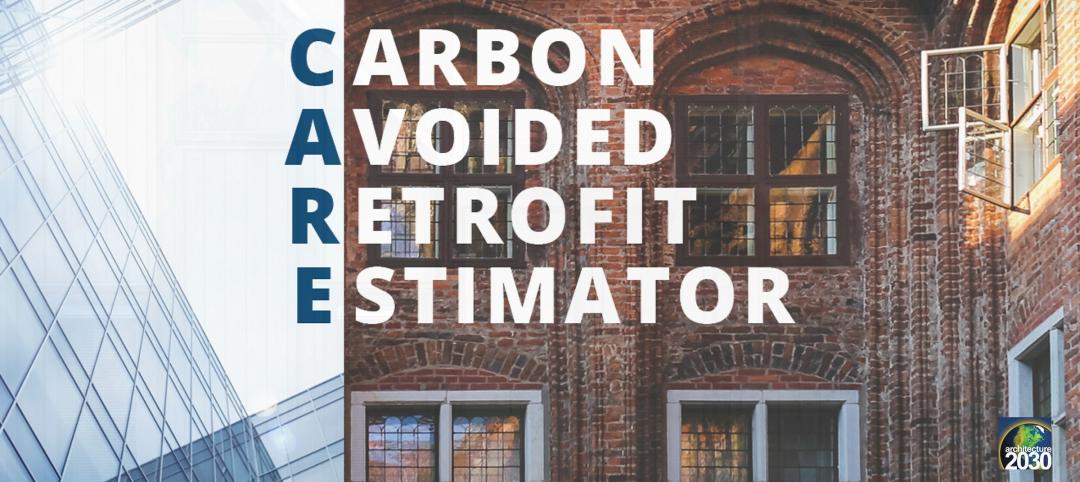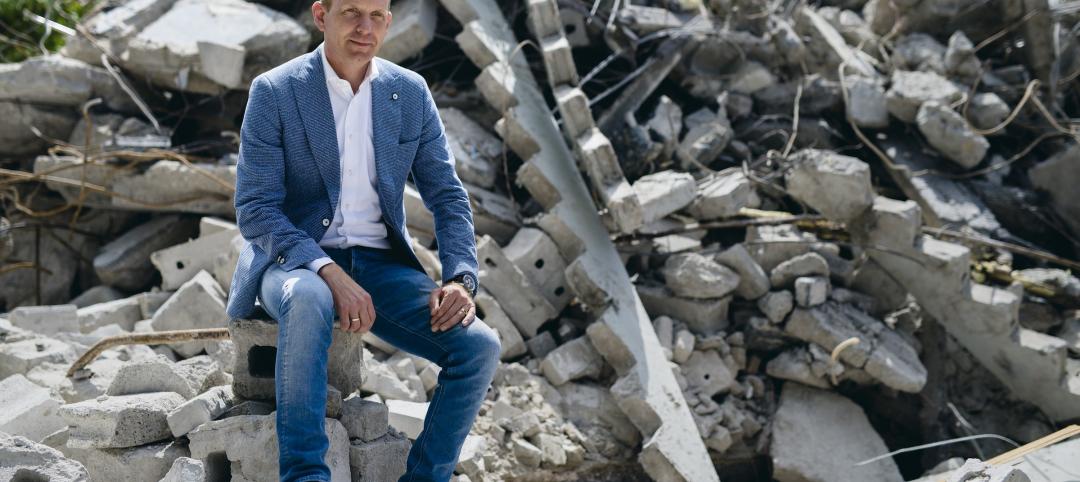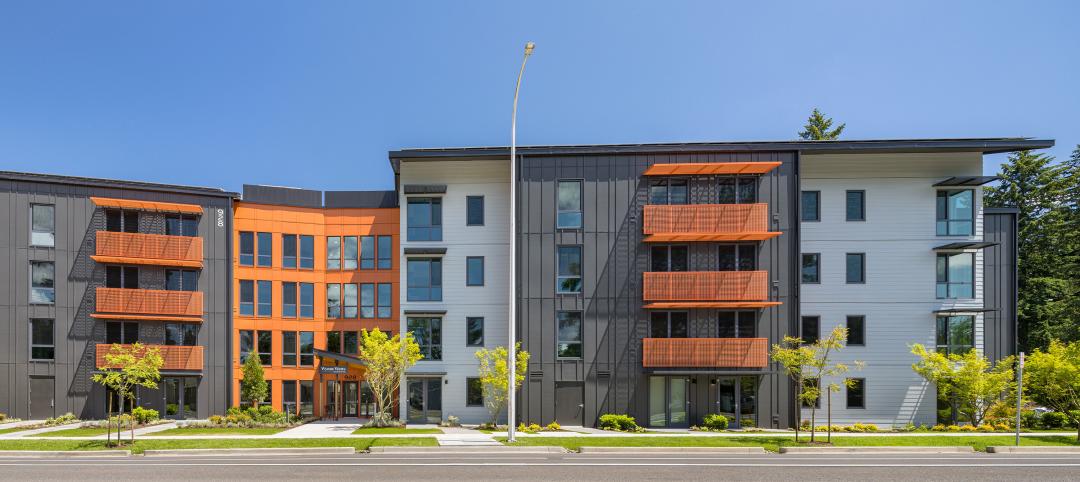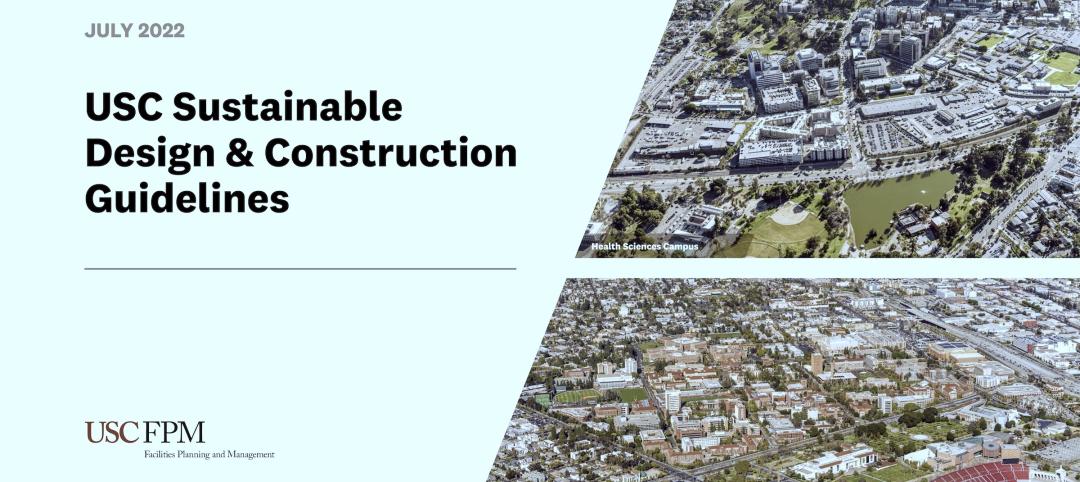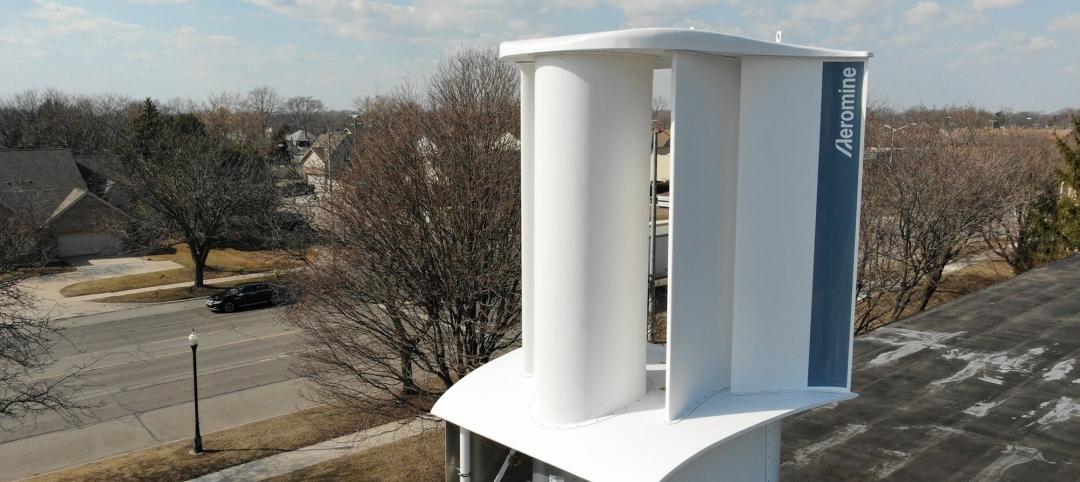Hammell, Green and Abrahamson (HGA), the national design firm that celebrates its 65th anniversary this year, has moved forward on its strategy to elevate its sustainable design and energy planning proficiencies by acquiring Sustainable Engineering Group (SEG), an engineering firm based in Madison, Wis., effective July 1.
SEG, which was founded in 2004, has established itself as a regional leader in energy systems modeling, commissioning and retro-commissioning, LEED certification, and advanced research. It specializes in geothermal systems, renewable energy systems, and carbon reduction/net-zero campus planning.
By adding SEG to its stable, HGA is reinforcing its expertise in energy and infrastructure planning and design for national clients in healthcare, academic, corporate, and public sectors.
“SEG’s approach and deep knowledge will allow us to better serve the energy needs of our growing client base,” says Rick Hombsch, PE, LEED AP, vice president and HGA’s Energy & Infrastructure market leader. “Their team brings technical insights into emerging energy technologies and renewable resources that build on our existing strengths.”
Among SEG’s noteworthy projects are the 8,000-sf Outgamie County Regional Airport in Appleton, Wis., for which SEG provided energy modeling and life-cycle cost analysts for this ZNE building; and UW Hospitals and Clinics, which retained SEG to provide retro-commissioning services for its 3.6-million-sf campus in Madison.
SEG is changing its name to HGA, and merging its operations. Its employees are staying on with the firm, as are SEG's founders, Manus McDevitt, PE, LEED AP; and Svein Morner, PE, PhD, LEED AP, who will be principals at HGA. With the addition of SEG, HGA has offices in 10 cities across the U.S.
Related Stories
Laboratories | Mar 9, 2023
5 laboratory design choices that accelerate scientific discovery
Stephen Blair, director of CannonDesign's Science & Technology Practice, identifies five important design strategies to make the most out of our research laboratories.
Sustainability | Mar 2, 2023
The next steps for a sustainable, decarbonized future
For building owners and developers, the push to net zero energy and carbon neutrality is no longer an academic discussion.
Sustainable Design and Construction | Feb 28, 2023
Architecture 2030 launches free carbon calculator for retrofit projects
Architecture 2030’s Carbon Avoided Retrofit Estimator (CARE) tool allows project teams and building owners to accurately quantify the carbon “savings” in retrofit or reuse projects versus new construction.
AEC Innovators | Feb 28, 2023
Meet the 'urban miner' who is rethinking how we deconstruct and reuse buildings
New Horizon Urban Mining, a demolition firm in the Netherlands, has hitched its business model to construction materials recycling. It's plan: deconstruct buildings and infrastructure and sell the building products for reuse in new construction. New Horizon and its Founder Michel Baars have been named 2023 AEC Innovators by Building Design+Construction editors.
Affordable Housing | Feb 22, 2023
Passive House, sustainability standards meet multifamily development
These multifamily developments are not only Passive House (PHIUS) certified, but affordable for tenants.
Senior Living Design | Feb 15, 2023
Passive House affordable senior housing project opens in Boston
Work on Phase Three C of The Anne M. Lynch Homes at Old Colony, a 55-apartment midrise building in Boston that stands out for its use of Passive House design principles, was recently completed. Designed by The Architectural Team (TAT), the four-story structure was informed throughout by Passive House principles and standards.
Affordable Housing | Feb 15, 2023
2023 affordable housing roundup: 20+ multifamily projects
In our latest call for entries, Building Design+Construction collected over 20 multifamily projects with a focus on affordable housing. Here is a comprehensive list of all projects in alphabetical order.
Sustainability | Feb 9, 2023
New guide for planning, designing, and operating onsite water reuse systems
The Pacific Institute, a global nonpartisan water think tank, has released guidance for developers to plan, design, and operate onsite water reuse systems. The Guide for Developing Onsite Water Systems to Support Regional Water Resilience advances circular, localized approaches to managing water that reduce a site’s water footprint, improve its resilience to water shortage or other disruptions, and provide benefits for local communities and regional water systems.
Sustainability | Feb 9, 2023
University of Southern California's sustainability guidelines emphasize embodied carbon
A Buro Happold-led team recently completed work on the USC Sustainable Design & Construction Guidelines for the University of Southern California. The document sets out sustainable strategies for the design and construction of new buildings, renovations, and asset renewal projects.
Sustainability | Feb 8, 2023
A wind energy system—without the blades—can be placed on commercial building rooftops
Aeromine Technologies’ bladeless system captures and amplifies a building’s airflow like airfoils on a race car.


